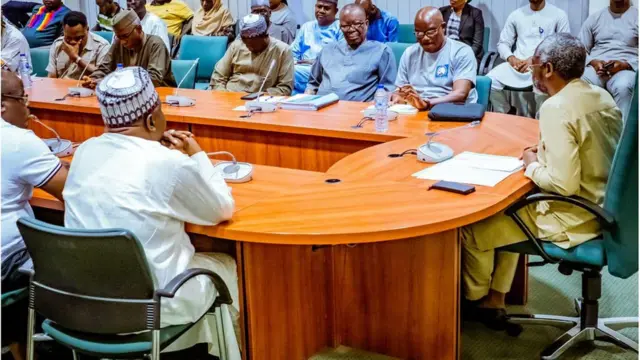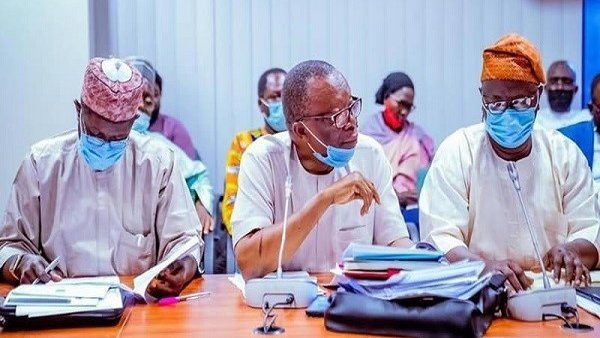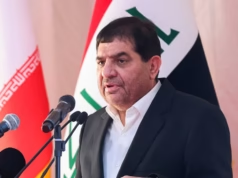In a straightforward and empathetic address yesterday, Education Minister Dr Maruf Tunji Alausa urged Nigeria’s tertiary education unions—including ASUU, ASUP and SSANIP—not to embark on strike action while ongoing negotiations are still underway. With deep reassurance, the minister emphasised: *“There is absolutely no need for a strike during these talks”—*on the strength of a coordinated, all-inclusive negotiation process that seeks sustainable, far-reaching solutions.
Dr Alausa stressed that the Federal Government is working diligently to meet the unions’ demands, with the intent to prevent further disruptions to academic calendars and maintain learning continuity. Yet he was also careful to clarify that the government will not hastily agree to anything unless it’s robustly negotiated and mutually beneficial. It’s a balanced appeal: patience on the part of the unions, and sincerity from the government.

Table of Contents
The Unions at a Crossroads: Strike Notices and Diplomatic Overtures
Tensions have been mounting. The Academic Staff Union of Universities (ASUU), the Academic Staff Union of Polytechnics (ASUP), and the Senior Staff Association of Nigerian Polytechnics (SSANIP) have all signalled discontent with pending grievances.
- On 14 August, ASUP issued a 21-day ultimatum, set to expire last night, demanding prompt action on its core concerns.
- SSANIP followed suit, serving its own 21-day notice beginning 27 August, reflecting a growing impatience among non-academic staff.
- ASUU, meanwhile, mobilised nationwide attention via a one-day protest on 26 August, underscoring long-standing frustrations. Its leadership awaits branch-level consultations before announcing its next move.
Into this charged atmosphere stepped Dr Alausa, counsel to “shelve their strike plans” as he sought to frame the journey not as confrontation but shared dialogue.

A Simplified and Sincere Negotiation Architecture
The heart of Dr Alausa’s message is the commitment to a simplified, consolidated negotiation framework—one that unifies, rather than fragments, discussions.
He revealed that the government has expanded the Yayale Ahmed committee to include representatives from ASUU, ASUP, COEASU, and SSANIP. The aim? To create a single negotiating platform that ensures equitable attention to all stakeholders, allowing dialogue that reflects the collective interests of the entire tertiary education sector.
“Previously,” the minister explained, “we had disjointed, parallel negotiations”—each union with its own set of demands, leading to inefficiencies. Their overlapping concerns—NEEDS assessment, conditions of service, 2025 wage balance—call for a cohesive approach. Thus, “we have to be sure we are talking to everybody together,” he insisted.
In tone and substance, Dr Alausa’s statement came across as deeply candid and realistic: the government acknowledges the unions need more—but also notes the fiscal limitations and competing priorities. He promised sincerity, transparency, mutual respect, and a gradual, affordable resolution.
He also invoked President Bola Ahmed Tinubu’s mandate: “When he makes promises, he fulfils them. We are not a government that, for the sake of averting strikes, give bogus agreements to these unions.” The president wants children in school; the minister wants them there, too.
What’s Being Done—and Why It Matters
Dr Alausa painted a picture of measured progress. Some of the “low-hanging” issues have been addressed; condition-of-service matters are being aligned; and consistent updates are being shared with all unions. He emphasised that since his appointment, academic unions have more access to him—more than any other group.
In his words: “This is a government that believes in communication—and we are communicating with them.” With this level of access and transparency, he insists, there’s truly no reason for strikes right now.
The underlying message is clear: the minister isn’t just negotiating—he’s building a bridge of trust and partnership, aiming for a solution that works for all without disrupting the education sector further.

Conclusion: Talking Over Striking
At its core, the minister’s message is both practical and deeply humane. By stating that there’s “no need for strike during talks,” Dr Alausa is asking both for calm from the unions and delivering genuine commitment from the government. He’s not just negotiating demands; he’s safeguarding students’ futures, preserving academic timelines, and, importantly, showcasing a model of respectful governance.
For SEO, the article focuses on the key phrase “no need for strike during talks”—reflecting the minister’s central appeal, and likely mirroring what readers would search for when seeking updates on the impasse.
Join Our Social Media Channels:
WhatsApp: NaijaEyes
Facebook: NaijaEyes
Twitter: NaijaEyes
Instagram: NaijaEyes
TikTok: NaijaEyes
READ THE LATEST EDUCATION NEWS




